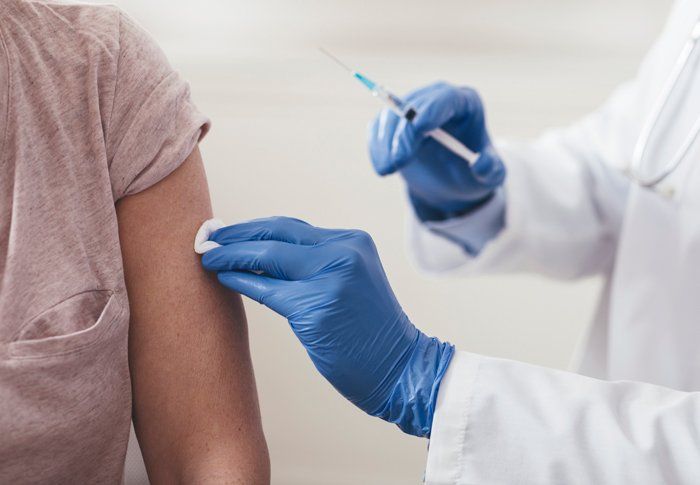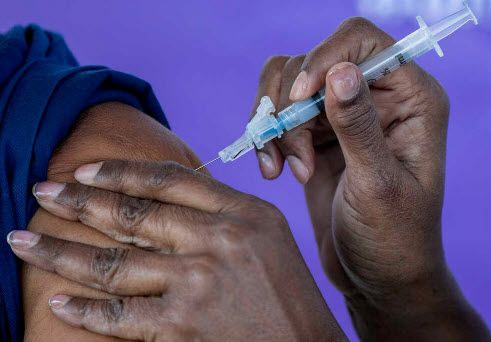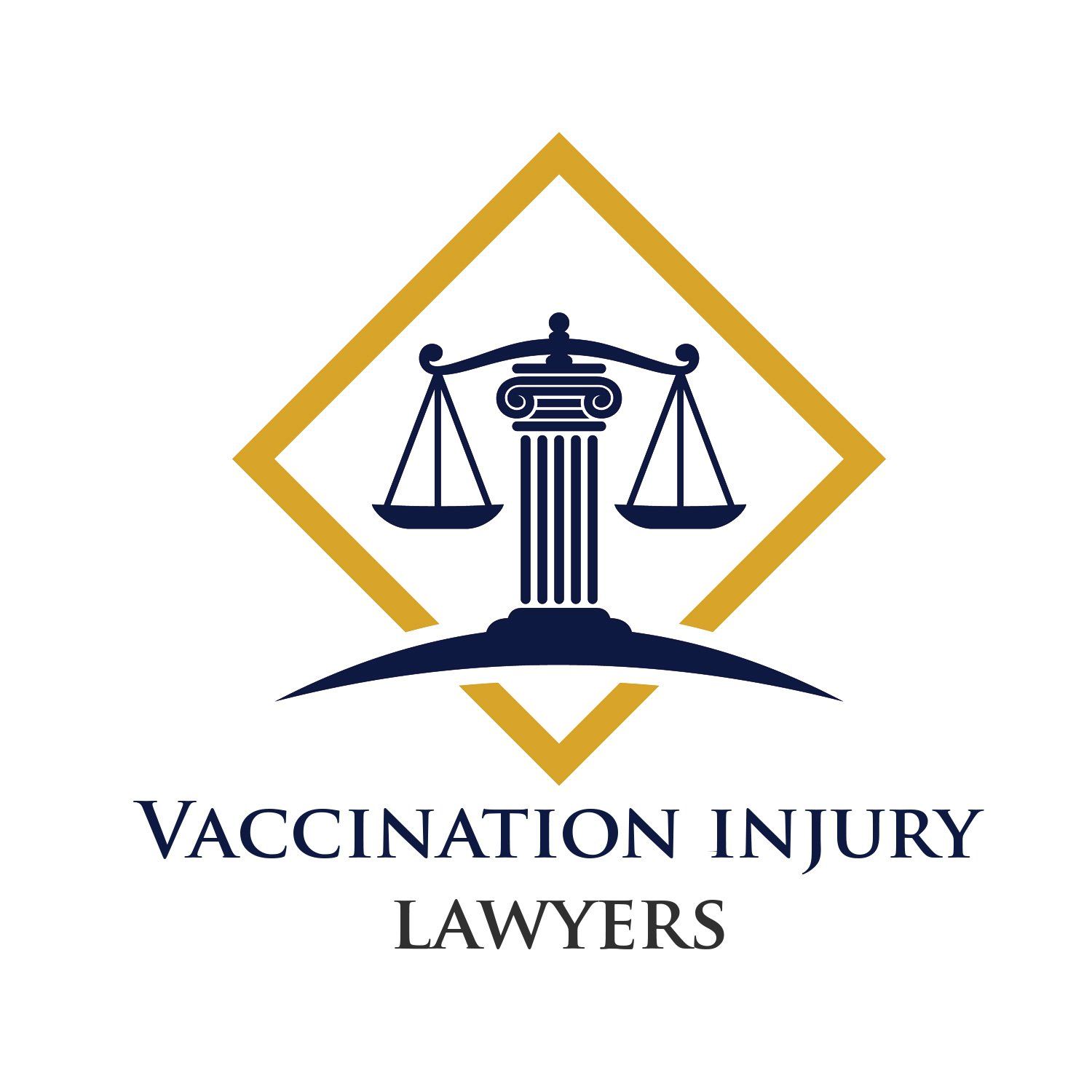Blog Layout
3 Medical Disorders That May Mean a Vaccine-Related Injury
September 29, 2020

Some people report mild symptoms following a vaccine like fever, rash, or swelling at the injection site. Side effects like these usually mean your body has begun to build an immune response to that virus.
However, some individuals develop severe medical disorders after they receive a vaccine. Fortunately, the National Vaccine Injury Compensation Program, or VICP, helps those receive compensation who are injured as a direct result of their vaccine. Discover three medical disorders that may mean a vaccine-related injury and how to recognize them.
1. Intussusception
Some children that receive the rotavirus vaccine developed intussusception, or a blockage of the intestines. Intussusception occurs mostly in children between six months and three years of age. A child with intussusception will have severe abdominal pain that comes and goes. A child may also have nausea, vomiting, and rectal bleeding or bloody stool.
Intussusception does not diminish on its own. A doctor must perform tests to determine whether there is a true blockage. A physical examination is followed by an ultrasound, barium enema, or air contrast enema to pinpoint the diagnosis.
To treat intussusception, the doctor uses a radiological procedure to push the intestine back into place. If unsuccessful or a child has a great deal of infection, surgery is necessary to completely straighten the intestine.
At least one child out of every 20,000 to 100,000 vaccinated develop intussusception. However, the VICP can help with compensation for medical bills and other costs.
2. Shoulder Injuries
A shoulder injury related to vaccine administration, or SIRVA, differs slightly from most vaccine injuries in that it is not specific to any specific immunization. Instead, SIRVA occurs as a result of how an injection is administered.
A needle aimed too deeply into the deltoid muscle of the upper arm can cause an inflammatory effect in the fluid-filled sack right under the deltoid muscle in the shoulder joint. Damage can occur to a rotator cuff, joint capsule, or axillary or radial nerves. Additionally, too high of an injection administers vaccine contents into the shoulder capsule rather than the deltoid muscle.
After any vaccine, you may feel immediate shoulder pain, later followed by muscle weakness, reduced strength, and problems with range of motion. For example, you may have difficulty raising a cup to your mouth.
Most of the time, shoulder pain goes away with rest and ice, pain medication, steroid injections, or physical therapy. Chronic SIRVA may mean you should seek help from an experienced attorney who can help represent you under the VICP.
3. Guillain-Barré Syndrome
Each year, millions of Americans opt to receive a flu shot at the beginning of flu season. This vaccine, along with the tetanus vaccine, has ties to an autoimmune disorder called Guillain-Barre Syndrome, or GBS. This rare disorder becomes evident within a few weeks after the vaccine and causes nerve damage. People with GBS experience:
• Tingling in fingers, wrists, toes, and ankles
• Pain and weakness in the lower body that spreads upward
• Increased difficulty walking and using stairs
• Difficulty speaking, chewing, and swallowing
• Double vision
• Rapid heart rate
GBS has no known cure, but proper treatment can help lessen the severity of its effects. Often, patients recover their ability to walk and most of their motor strength after several months of therapy. While the risk of a fatal case of seasonal influenza is rare, the likelihood you develop GBS from your flu vaccine is even rarer.
GBS and other disorders that stem from vaccines are unfortunate but still make vaccines worth the risk. If you or a loved one develops a vaccine-related injury, contact an expert in this field to represent you in your quest for compensation. Call Vaccination Injury Lawyers for more information about VICP and how you can benefit.

By Admin
•
November 7, 2024
Explore Texas DWI laws, including legal BAC limits, penalties for first-time and repeat offenses, and the consequences of refusing a breath or blood test. Learn about enhanced penalties for high BAC levels, the importance of ignition interlock devices, and rules for driving with a child passenger. This guide highlights the critical details you need to stay informed about Texas DWI regulations and potential legal repercussions.
May 16, 2023
You may have heard that Autism Spectrum Disorder can result from vaccinations. Read this blog to learn where this myth came from and why it's incorrect.
March 28, 2023
If you're expecting a child or planning a pregnancy, you may be wondering if and why the COVID-19 vaccine may be recommended. Read to learn all about it.
February 4, 2023
Even though vaccines are effective, some are reluctant to get vaccinated. Learn the facts about vaccination and how it protects communities.

January 24, 2023
Shoulder injuries following all types of vaccinations are becoming more common as vaccination numbers remain high. Inflammation of the injected shoulder can cause severe pain, limited motion, and other symptoms that last months or years. Sometimes, surgery is even required. Compensation for these specific injuries is available. For a more in-depth analysis of what a SIRVA is and how it occurs, check out the following article. Click Here .
By Admin
•
November 22, 2022
With technology taking center stage in the medical industry, vaccines help to protect billions. Learn about the common vaccine types in existence today.
By Admin
•
November 7, 2022
Estate planning with Alzheimer's or dementia can be challenging, especially as the condition progresses. See some tips to help if you are in this situation.
By Admin
•
September 21, 2022
Every year, a percentage of individuals develop Guillain-Barré Syndrome (GBS) after getting the flu vaccine. Learn about this illness and its vaccine link.
By Admin
•
July 28, 2022
Some parents question if the shot is worth it and safe. Read on to learn about chickenpox vaccine safety and what to do in case of side effects.
Office Information
Phone: (901) 762-0535
Address: 530 Oak Court Drive, Suite 360
City/State/Zip: Memphis, TN 38117
Phone: (615) 815-1508
Address:
Brentwood Professional Center
104 East Park Drive, Building 300, Suite 313
City/State/Zip: Brentwood, TN 37027
Business Hours
- Mon - Sun
- Open 24 Hours
APPOINTMENTS
AVAILABLE
Click Below to Submit Information to Our Office
Content, including images, displayed on this website is protected by copyright laws. Downloading, republication, retransmission or reproduction of content on this website is strictly prohibited. Terms of Use
| Privacy Policy

